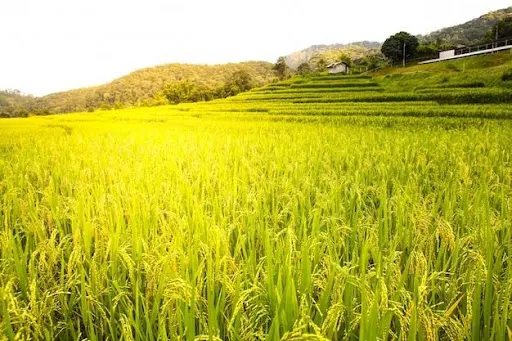Pakistan experienced a significant 35% increase in raw food product exports in February, reaching $702.46 million compared to $518.87 million in the same month last year, as per the Pakistan Bureau of Statistics. This growth, marking the seventh consecutive month of increased exports in the current fiscal year, occurred against the backdrop of record-high food inflation within the country. The rising export figures have contributed to a 20.2% surge in food inflation for February, with notable price increases in staple foods such as wheat flour, rice, onions, sugar, meat, and vegetables. The approach of Ramazan has further escalated the prices of fruits and vegetables.
The fiscal year began with a 7.56% decline in exports of raw food products, but the trend reversed in August, leading to a consistent growth in the subsequent months. This growth peaked with over 100% increases recorded in December and January. Overall, the first eight months of the fiscal year 2023-24 witnessed a 54.05% growth in food exports, totaling $4.96 billion, up from $3.22 billion in the previous year. To manage the domestic supply and curb the soaring local prices, especially during Ramazan, the Pakistani government imposed a temporary export ban on onions and bananas, planning to lift it after the holy month to stabilize the market.
The significant increase in Pakistan's food exports is attributed to the substantial depreciation of the Pakistani rupee and increased global demand, influenced by supply chain disruptions and higher international prices. Particularly, India's ban on rice exports has favorably affected Pakistan’s rice export statistics, with an 85.83% rise in rice exports during the July-February period of FY24.

